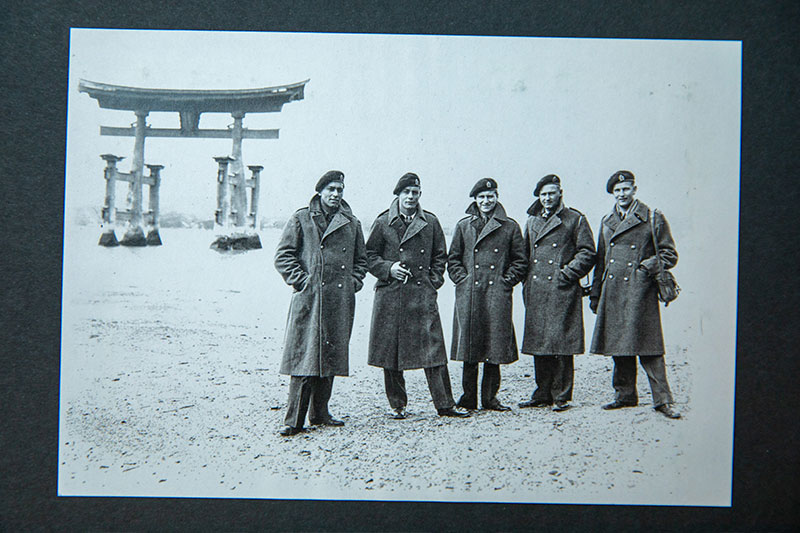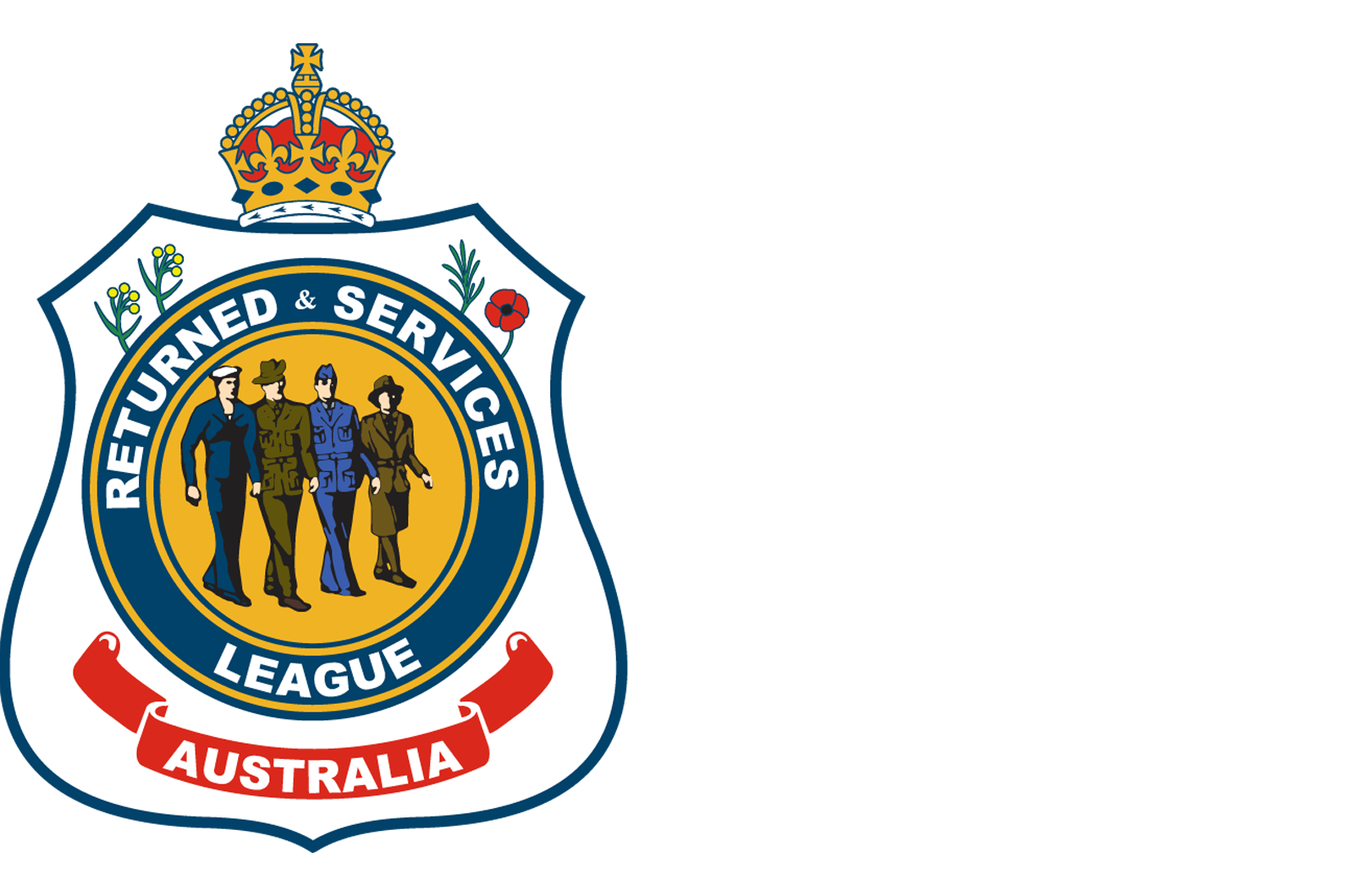20 February 2025
Facilities Manager Matt Sparnon reflects on 15 years at RSL Queensland
For Matt, a proud Kiwi with a strong connection to Māori culture, this role was markedly different from his previous careers as a journalist, a landscaper, a labourer and a professional wrestler.
Today, ANZAC House – RSL Queensland’s Brisbane headquarters – has become a treasured second home for Matt. And these days, his tasks and the challenges of facilities management are far more complex than they were 15 years ago.
Badge of honour
Matt’s role sits within RSL Queensland’s Assets team, which is responsible for maintaining more than 40 locations throughout Queensland, Tasmania and the Northern Territory.
The facilities range from RSL Queensland’s head offices in Brisbane to regional offices across the state, veteran accommodation facilities, and purpose-built veteran wellbeing centres.
“As a Facilities Manager, I see myself as the caretaker of the buildings and the people in them.”
“When I first started, I would take offence at people who thought I was just the caretaker,” he says.
But over the years, it’s a role he’s become very proud of.
“In Māori culture, tribal groups appoint a kaitaiki, which is basically the guardian or caretaker of a place – the person that keeps everyone safe,” Matt says.
“The longer I’ve practiced facilities management, the more I’ve worn the caretaker moniker as a badge of honour.”
Matt's grandfather (far left) in Japan during World War II
Matt is also driven by a strong sense of service to the veteran community – both his grandfathers served for New Zealand around the time of World War II, and his grandfather Gordini ‘Denny’ Sparnon was part of what is known in New Zealand as the ‘J Force’ – soldiers who were sent to occupy Japan and clean up Hiroshima after the dropping of the atomic bomb.
Matt says he grew up hearing stories from his grandfathers, and they helped shape him into the person he is today – but Matt and his family also witnessed the consequences of service.
“When I talk to veterans now, I know what they went through, so it helps me connect to them a little bit.”
Above and beyond
A typical day for Matt can involve resolving maintenance issues, responding to security incidents or emergencies, travelling to regional areas to assist employees or clients, undertaking checks and audits to ensure RSL Queensland’s facilities are safe for occupants, and much more in between.
“We always go above and beyond – we keep things real, and we keep things in perspective,” he says.
“There’s a real science to what we do every day – we work hard to ensure our buildings are places where clients and employees want to be.”
RSL Queensland’s Head of Assets Geraldine Logan says Matt’s honesty, professionalism and his ability to see the good in people are just some of the reasons why he’s such a valued member of the Assets team.
“His work means our assets are maintained and functioning well, there are plans in place for the renewal of facilities, and we’re prepared for the security and emergency management challenges to come,” Geraldine says.
“RSL Queensland is fortunate to have people like Matt coming in and giving their all every day.”
As he reflects on the past 15 years, Matt says he’s enjoyed the journey and the changes, and how he’s played a part in supporting RSL Queensland’s growth.
“I take a lot of pride in maintaining and protecting our buildings, and I'd love to be here for another 15 years,” Matt says.
“But at some stage, my role will pass off to the next kaitaiki – the next caretaker.”
“Until then, we’ll work to make sure our buildings and our facilities remain in a healthy state for the benefit of the whole organisation.”


